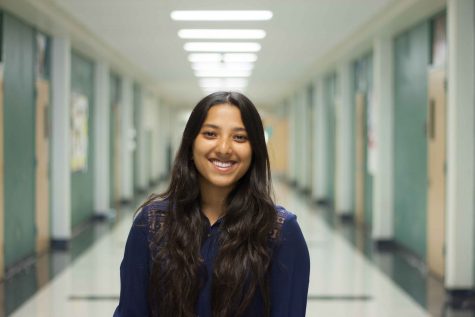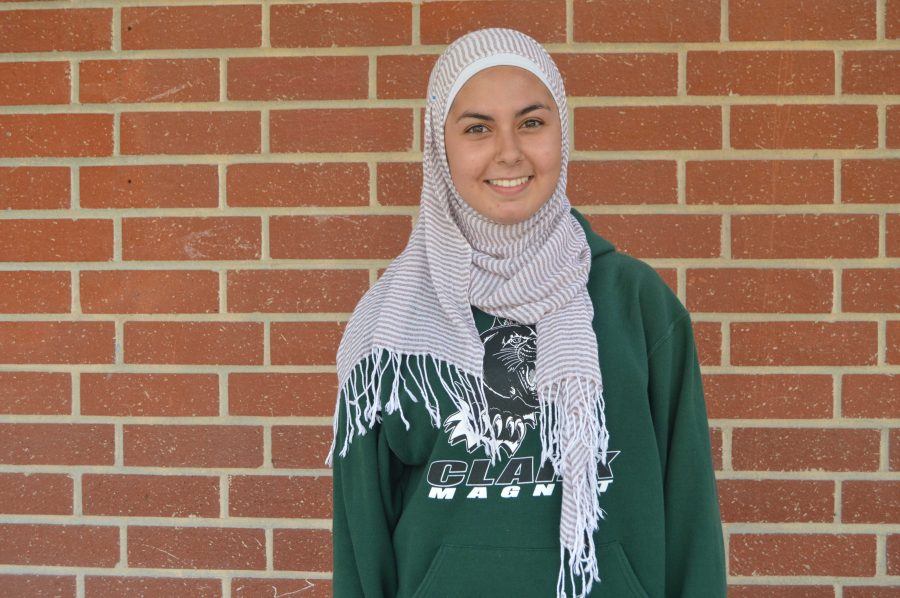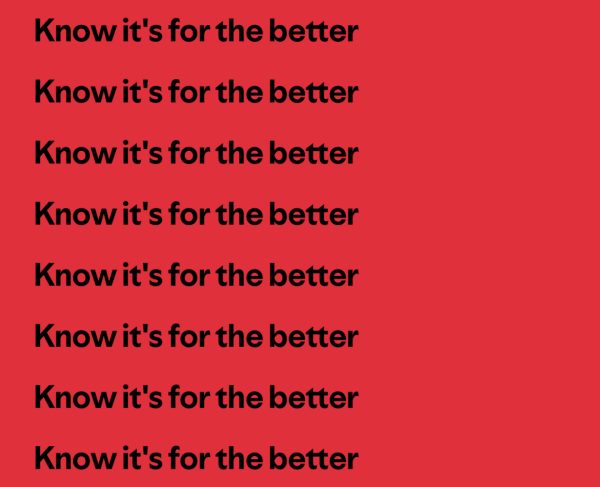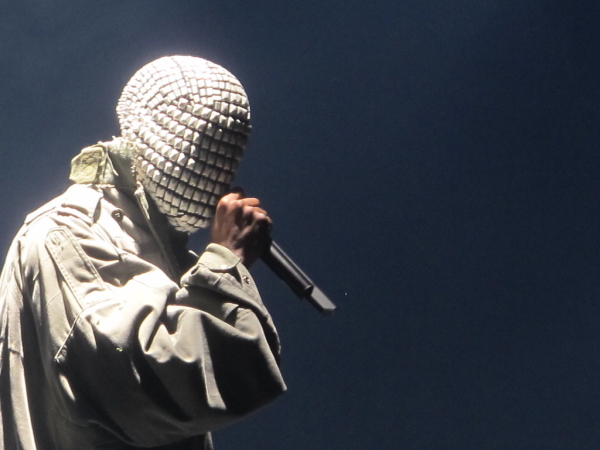Muslims combat Islamophobia
Students at Clark find less prejudice than they do in American society.
Marah Hasan, a sophomore, doesn’t fee discriminated when she wears the headscarf. She is able to wear her headscarf at Clark, even with the dress standards. She doesn’t feel that her rights are infringed upon.
“There are a lot of stereotypes of Muslims, which is the product of the misconception of Islam,” says Marah Hasan, a sophomore at Clark Magnet High School.
The events on Sept. 11, 2001 sparked much of today’s Islamophobia (dislike of or prejudice against Islam or Muslims). False perceptions of Muslims and Islam are not uncommon. The common stereotype labels a Muslim as an extremist, a terrorist. Prejudice against Muslims is a feeling many people might have due to all the accusations that have been thrown around, despite the fact that these words do not represent Islam or its people.
After Sept 11, some Muslims faced extreme racial profiling by law enforcement officials. Immigration laws did not play in favor of the Muslims and Congress passed the Patriot Act, which provided the government with tools to look into the private lives of citizens. This was difficult for Muslims because they faced restrictions and some felt threatened by deportation. Writer Nathan Lean wrote in a CNN blog post that “in the name of defending national security, they’ve fractured relationships with American Muslim communities and undermined the foundations of freedom on which this land was built.”
Islamophobia grew in the wake of 9/11. According to a Washington Post / ABC News survey from 2006, 47% of Americans “held unfavorable attitudes towards Islam” comparing with only 24% in 2002. The Post stated that “the demonisation of Islam by politicians and the media during the past four years led to an erosion of tolerance.”
“When people see the violence that is taking place, they fail to recognize that it’s a small group of extremists that are perpetrating it, rather they generalize and believe that a vast majority of Muslims are violent,” says Syed Hussaini, youth group coordinator at the Islamic Center of Glendale. He is one of the many who feel that Muslims are stereotyped and put into a category they may not fit. The Washington Post / ABC News poll finds that Islamophobia is worse now than it was after Sept. 11, with 58% of the people interviewed saying that Islam has more violent followers than any other religion.
Islam is a minority religion at Clark Magnet High School, as there are fewer than ten Muslims enrolled at Clark, but that doesn’t stop Muslims students from standing up for themselves. Hasan says that it is difficult being a Muslim when people judge her without getting to know her, but she doesn’t have to face that burden at Clark, because people respect her religion and her hijab (headscarf). “It’s absurd when someone is afraid of a peaceful religion,” Hasan says. “At Clark people ask me questions, they try to get to know me before they label me.” She feels that outreach by organizations such as the Muslim Public Affairs Council have helped lessen Islamophobia.
Hasan says that a person’s curiosity is initiated by both an open-minded way of thinking and by one’s environment..”Clark has a different atmosphere because there are so few Muslims. People are more likely to wonder about something they aren’t familiar with,” Hasan says. “There are so many positive voices coming from the Muslim community, it’s hard not to hear them.”
The Glendale Unified School District has policies regarding freedom of expression and strict regulations on bullying. Clark Magnet’s handbook states that the school “will not tolerate bullying or any behavior that infringes on the safety or wellbeing of students,” which is an enforcement of the District’s policies. The District says that students have the right to express their opinions, and a school must ensure the maximum freedom of expression to their students. Maurice James, Clark’s assistant principal, says “we do our best to provide a safe learning environment for our students.” Acceptance of a variety of “religious ideologies” plays a key role in a keeping a harmonious environment at Clark, and that may be why Muslim students don’t feel discriminated against.
Fatma Abdelrahman, a Clark junior, said that she too doesn’t face prejudice at Clark, but in other places she does. “I get weird looks sometimes, but I’m use to it,” she says. Abdelrahman believes that the lack of knowledge and understanding of Islam are the main contributors to Islamophobia. Abdelrahman attends the youth group at the Glendale mosque, and she says that attending youth group helps her with dealing Islamophobia because they talk about how to deal with issues like these.
Syed Hussaini, the head coordinator at the Islamic Center of Glendale, says he tries to prepare the youth for the cruelty they might face in the real world, and encourages them to be a walking representation of Islam. “I try to go over some concepts that arise is the discourse of Islamophobia,” Hussaini says. By doing so, misconceptions of Islam can be eliminated. He says that engaging in society in a positive way will help create a clearer image of Islam to those who don’t know much about the religion.

INTERESTS/HOBBIES: Reading, film, editing. Hanging out with friends and eating churros
EXTRACURRICULAR ACTIVITIES: I volunteer at the hospital,...








